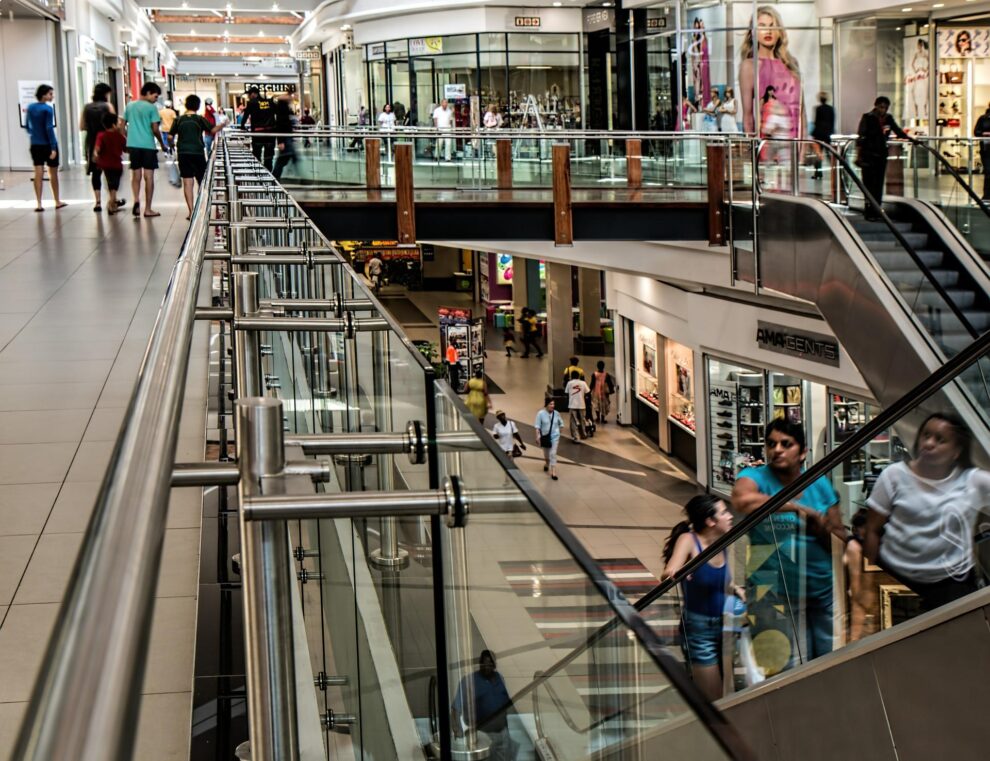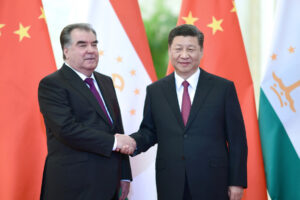JAKARTA – More Indonesian customers are becoming environmentally responsible and seeking to reduce carbon emissions by making smart choices.
Indonesian influencer Ankayama decided to buy only organic and vegan beauty products in 2019. This decision mainly arises from her desire to protect her sensitive skin and Planet Earth.
“Plant-based and organic products are biodegradable,” Ankayama said at the BASE x JEJAKIN Carbon Offset Sustainability Initiative launch at Taman Wisata Alam Mangrove, North Jakarta, on March 1. “So, these products don’t only benefit my skin, but also the environment.”
The beauty enthusiast is one of many. Lately, more Indonesian customers are becoming environmentally conscious and consuming eco-friendly products.
A shift in buying behavior
“We’re seeing a growing interest among Indonesians in practicing conscious consumerism,” Ratih Permata Sari, cofounder and chief product officer of the local cosmetic and skincare brand BASE, said. “When buying something, they see it as a vote to the causes or movements they support.”
Stella Septania Farronikka, expert panel on environmental, social governance (ESG) and sustainable development of the National Center for Corporate Reporting (NCCR), agreed.
“I think the pandemic [COVID-19] was a real eye-opener as to how our acts can impact the whole world,” she said during a journalism class at BNP Paribas AM office in Sequis Tower, South Jakarta, on March 2.
“As a result, many are now becoming more careful in making decisions.”
Millennials and Generation Z are apparently more concerned with the environment than their more senior counterparts. Many of them consider environmental sustainability before deciding to buy or invest.
“Millennials and Gen Z grew up seeing climate change phenomena everywhere,” Stella said. “So, they’re more environmentally conscious and want to take real action to rein in [climate change].”
Knowing is taking responsibility
Rasis Putra Ritonga, data manager of the Archipelago Nature Conservation Foundation (Yayasan Konservasi Alam Nusantara, YKAN), has bought most of his clothes, jackets and shoes from local second-hand stores since 2018.
The data scientist made this vital decision mainly to reduce his carbon footprint.
“Each person emits an average of four tonnes of carbon per year,” Rasis said during an interview at Senayan City, Central Jakarta, on March 25. “This is such a huge number and directly contributes to global warming.”
Conscious buying is a way to lower carbon emissions and slow global warming.
“What we consume matters,” Didi Kaspi Kasim, editor-in-chief of National Geographic Indonesia, said in Cibubur Junction, East Jakarta, on March 3.
“Currently, the extinction rate of [Indonesian] species is quite advanced,” Didi said. “In the next 10-20 years, Indonesia may lose many endemic flora and fauna because of our buying behavior.”
As a responsible consumer, Didi has made it a habit to research the products he consumes and their producers.
“I always strive to be well-informed about the products I consume, as well as the companies that produce them,” Didi said. “I want to know what [these companies] do to the environment and the people around them before supporting them [by buying their products].”
Ripple effects
As customers become more ecologically conscious, companies have evolved to be greener in their operations.
“[Our company] does it end-to-end,” Ratih Permata Sari of BASE said. “We try to avoid carbon emissions first and then remove the unavoidable carbon footprints.”
To reduce carbon emissions, this local cosmetics and skincare brand uses nonendangered plants as the materials of its products. BASE also uses biodegradable plastic and soya ink for its packaging.
And to offset their unavoidable carbon footprints, the company recently planted more than 2,300 mangrove and jackfruit trees in Jakarta; Semarang, Central Java; and Lampung.
“We believe the effort to save the environment is an effort to save ourselves,” Ratih added. “And as an industry player, we can create ripple effects by inspiring our customers and other business players [to be more environmentally friendly].”
Meanwhile, the packaging company SIG Combibloc Indonesia seeks to encourage Indonesian customers to sort and recycle their trash by setting up a drop-off point in Cibubur Junction, East Jakarta.
“Indonesia produces more than 19 tonnes of trash per year,” Noer Wellington, SIG head of market of Indonesia, Malaysia, Philippines and Vietnam, said. “Five tonnes of which are plastic. And yet, 72 percent of the [Indonesian] population is not used to sorting and managing trash properly.”
People can bring their nonorganic waste to the drop-off point in exchange for reward points to accumulate to get some products.
“We’re adding fuel to the fire,” Noer said. “As customers are now getting more concerned with the environment, we’re encouraging a positive change of behavior by urging them to sort their trash and deliver it to the drop-off point.”
Becoming minimalists
Besides being selective in buying products, more Indonesian customers are also adopting a minimalist lifestyle and buying only what is necessary.
“[Minimalism] is also part of conscious buying,” Didi, editor-in-chief of National Geographic Indonesia, said. “We should never purchase things we don’t need for the sake of keeping up.”
Caine Aurilia, a representative of the sustainable fashion movement Setali Indonesia, has practiced minimalism since early 2020.
“I haven’t bought any new clothes for three years now,” Caine said during an interview at Senayan City on March 25. “Any new clothes I have either come from donations or clothes exchanges between friends and family members.”
The slow-fashion enthusiast made this drastic commitment when she realized fashion is currently the third-largest polluting industry in the world and emits approximately 10 percent of global greenhouse gases.
Caine also shared tips on becoming a more conscious and environmentally responsible consumer.
“Before buying anything, make sure you know who produces them and what materials are being used in making them,” she said. “And also, are their workers being paid a fair wage?”
In this digital era, this research can be done with a few clicks on your gadget.
“Above all, buy local,” Caine added. “It surely helps reduce your carbon footprints.”
Source : Asia News















